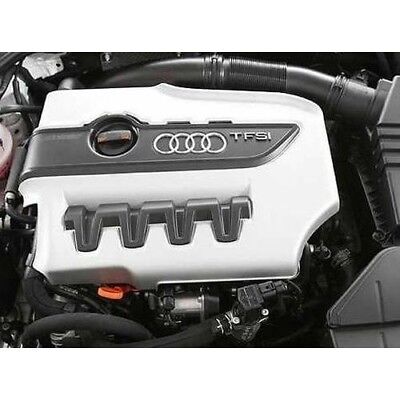What You Need to Know About CDL

Introduction
The Commercial Driver’s License (CDL) is a vital credential that enables individuals to operate large vehicles for commercial purposes. With the rise in demand for truck drivers and transport services, understanding the significance of obtaining a CDL has become increasingly relevant. It not only opens doors to various career opportunities but also ensures safety on the roads by regulating who is qualified to drive trucks, buses, and other heavy vehicles.
Importance of a CDL
In the United Kingdom, the CDL paradigm measures the qualifications and skills required to operate large and complex vehicles. The introduction of strict regulations and mandatory testing has enhanced road safety by ensuring that only well-trained drivers can handle commercial vehicles. A CDL is essential for individuals seeking to work in sectors such as logistics, delivery, and public transport, notably as it is a prerequisite for many driving job positions.
Obtaining a CDL
To obtain a CDL, candidates must undergo several steps that vary slightly based on specific vehicle class and endorsements required. The foundation often begins with a learner’s permit, followed by extensive training which includes studying the rules of the road and safety regulations. After this, individuals must pass a series of practical and theoretical tests designed to evaluate their driving capabilities and understanding of vehicle mechanics.
In the UK, a category C license allows you to drive vehicles over 3.5 tonnes, while category D is required for passenger-carrying vehicles. Each category comes with its own set of endorsements that enhance qualifications for specialized vehicles, such as those carrying hazardous materials.
Current Trends in CDL
As of 2023, the transport industry is facing a significant demand for skilled drivers, particularly due to the ongoing supply chain challenges exacerbated by the COVID-19 pandemic. Many logistics companies are actively recruiting new drivers who possess a CDL, highlighting the steady growth and importance of this field. Programs aimed at speeding up the training and licensing process have also emerged, addressing the shortage of drivers.
Conclusion
Obtaining a CDL is not just about meeting legal requirements; it is about embracing a career pathway that offers stability and opportunity in a crucial industry. As demand for qualified drivers continues to rise, the significance of obtaining a CDL will only increase. Potential drivers should remain informed about changes in licensing requirements and emerging career opportunities, as well as the evolving landscape of the logistics sector, which is increasingly integrating technology for efficiency. This knowledge is essential for anyone wishing to thrive as a professional driver in today’s economy.









